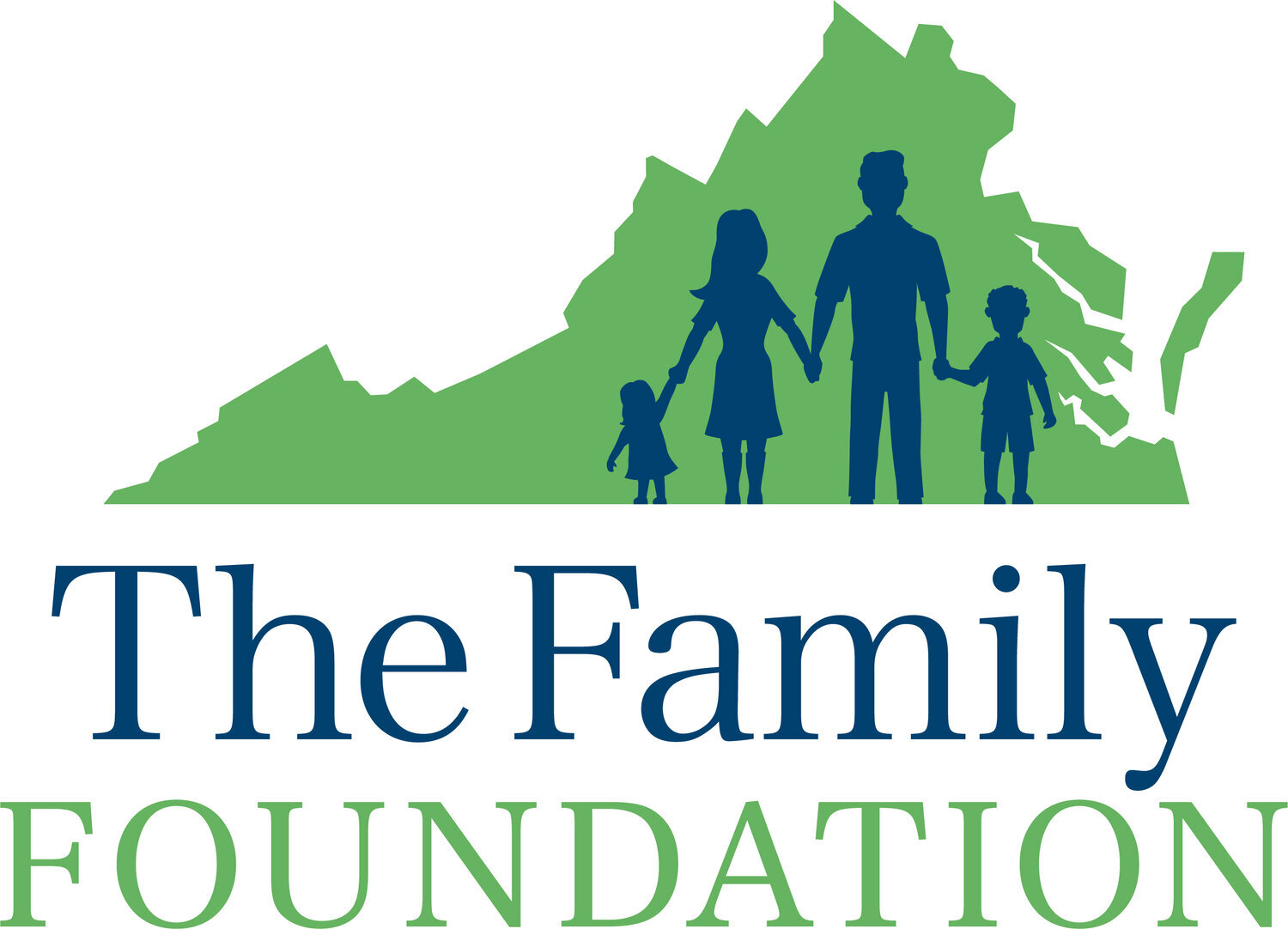Governor Completes Actions on Bills and Budget
Late Monday night Governor Youngkin completed work on the remaining bills that required his action by midnight on April 8th. Of the 1,046 total number of bills sent to his desk, the Governor signed into law 777, amended 116, and vetoed a record-setting 153 bills. While we would have preferred straight up vetoes of some bills, many of the Governor’s amendments to bills impacting parental rights, the sanctity of life, education, and gender issues, appear to be reasonable.
Below are some of the recent bills that were amended favorably by the Governor:
HB 1504 (D-Seibold) and SB 498 (D-Carroll Foy) requires the Board of Education to create guidelines on school-connected overdose policies. The Governor improved the bills by amending them to specifically require parents to be notified within 24 hours and be provided a list of the all the facts, including the names of the drugs.
HB 609 (D-Price) and SB 237 (D-Hashmi) creates a presumed “affirmative” right to contraceptive drugs and devices that can result in an abortion, and to sterilization procedures, without any religious protections for doctors or prescribers. The Governor’s amendment removes language about sterilization and links to the FDA list of contraceptives that includes abortifacients and replaces it with simple language stating that individuals possess the right to access contraception as set forth in U.S. Supreme Court cases Griswold v. Connecticut (1965), and Eisenstadt v. Baird (1972), which pertain to married people and adults.
HB 536 (D-Cole) changes the current bullying definition by specifically creating a special protection for students who are members of special groups (i.e., sexual orientation and gender identity). In order to clarify that bullying is wrong no matter who the person is, the Governor replaced the reference to special classes with language that prohibits bullying of students “for any reason.”
HB 224 (D-Henson) would require teachers to receive mental health awareness training for youth populations that are at an elevated risk of experiencing mental health challenges and disorders, including those who "identify as LGBTQ+." The Governor’s amendment limits the scope of training and eliminates the loaded term “LGBTQ+” from the bill.
While we were satisfied with the amendments to the bills listed above and some others, we were hoping the Governor would veto two gambling expansion bills. Instead of vetoing SB 628 (D-Aird), which would allow Petersburg to become the fifth casino site, the Governor amended the bill to actually remove a reenactment clause requiring it be approved by the General Assembly again next year – the same way the previous casino sites were treated.
Also, instead of vetoing SB 212 (D-Rouse), which would allow for neighborhood slot machines in thousands of convenience stores, truck stops and restaurants, the Governor issued several amendments to create additional guardrails. Admittedly, the amendments – including a local opt-out; capping the number the machines to 20,000; increasing the tax rate; prohibiting machines within thirty-five miles of a casino, Rosie’s, and horse racing track – will dramatically limit where these slot machines can operate.
Nevertheless, the Governor’s actions raise the question as to whose interests are really being served: families or the casinos and big gambling corporations?
Earlier that day the Governor also presented over 230 amendments to the budget bill for the 2025-2026 biennium. Here are a few of the noteworthy changes to the budget impacting families:
Eliminates all proposed tax increases and caps tuition increases at 3%
Includes 3% pay raises for teachers and state employees in each year
Restores lab school funding for the twenty-one lab schools which will serve an estimated 5,000 students
Provides $72.5 million over the biennium for community violence intervention programs like Operation Ceasefire and the youth community violence reduction program, and
Reinstates the Hyde language, which would bring Virginia in line with the majority of states limiting taxpayer funding for abortions to only the narrow cases of rape, incest, or to save the life of the mother
Remember, on April 17th, the General Assembly will reconvene in Richmond to consider amendments and vetoes by the Governor. Each chamber may agree or reject the Governor's amendments with a majority vote of the members present. If the amendments are rejected, then the bill returns to the Governor to approve or veto. In order to override a Governor’s veto, at least two-thirds of the House and Senate members present are needed. If both chambers override the Governor's veto, the bill becomes law without his signature, but if either chamber fails to override the Governor's veto, then the veto will stand, and the bill doesn’t become law.
